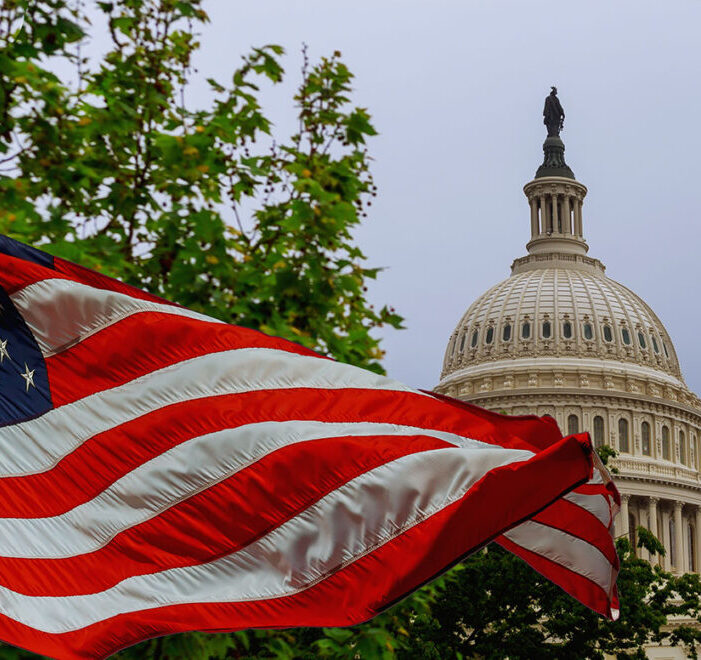Now more than ever, our nation needs centralized and strategic coordination across federal agencies to help us effectively address the critical challenges and opportunities facing older Americans. But make no mistake: the coordination we need can’t happen without leadership and vision from the executive branch of government.
That’s why LeadingAge is urging President Joe Biden to establish a White House Office of Aging Policy (WHOAP). WHOAP, part of the White House Domestic Policy Council, would develop and implement a Comprehensive National Aging Plan that recognizes, prepares for, and addresses the evolving structural, economic, and cultural shifts we’re anticipating, and ensures that older people are engaged, valued, and afforded equal opportunities to thrive well into the future.
LeadingAge believes this “whole-of-government” effort is the best way—indeed, the only way—to address the growing number of cross-cutting challenges facing the older population, including:
- Poverty: Increased age is associated with higher rates of poverty. We need a coordinated plan, involving many agencies, to help us change this disturbing trend.
- Income: A centralized effort could support new models of work for older adults, address workplace age discrimination, and help people of all ages plan for retirement.
- Housing access: Government policies must support equitable access to, and accelerated development of, affordable housing. No one agency can accomplish this alone.
- Service access: Combining supportive services and subsidized housing preserves the health and independence of older people. It also requires complex agreements across federal departments.
- Food insecurity: Multiple federal departments address the issue of food insecurity among millions of older adults. We need a coordinated effort to address the alarming gaps that remain.
- Transportation barriers: These barriers, which contribute to social isolation and make it difficult for older adults to access services, must be addressed through inter-agency collaboration.
- Need for coordinated care: Older adults with multiple chronic conditions would benefit greatly from a coordinated system of acute, primary, long-term, and end-of-life care.
- Abuse: Numerous federal programs address elder abuse, neglect, and exploitation. These programs would be more streamlined and effective if they were coordinated from the top.
- Environmental threats: A coordinated approach involving multiple agencies could help us better address the heightened risk older people experience during natural disasters.
- Inequity: All federal policies must ensure equity and prevent inadvertent discrimination against older adults, particularly people of color. We need WHOAP to coordinate this effort.
- Data gaps: Federal leadership on data related to older people would minimize costs and reporting burdens and maximize the information available to support informed policymaking.
Other countries—including Singapore, Japan, Israel, and Germany—have already taken a “whole of government” approach to aging policy. It’s high time the United States joined them. Our first step must involve establishing a White House Office on Aging Policy that is empowered to coordinate all government efforts to address the issues that are most important to older citizens.
Let’s be clear: LeadingAge doesn’t view this all-government approach as a “like-to-have” policy innovation. Rather, we view WHOAP’s coordinating role as something we “must have” if we are to have any hope of fixing program redundancies and filling gaps that now exist across programs serving older adults.
Fortunately, establishing WHOAP is not a big-ticket item requiring a large financial investment. Instead, it’s a logical step that will give us the best chance to use our existing resources to make a positive impact on the lives of older people for years to come.
LeadingAge is fully committed to working with President Biden to make this happen—and soon. Clearly, we don’t have any time to waste.
Learn more about LeadingAge’s December 14 letter to the White House making the case for a comprehensive national aging plan.

 Shutdown Week Three: Impact of Ongoing Closure on Affordable Housing
Shutdown Week Three: Impact of Ongoing Closure on Affordable Housing


